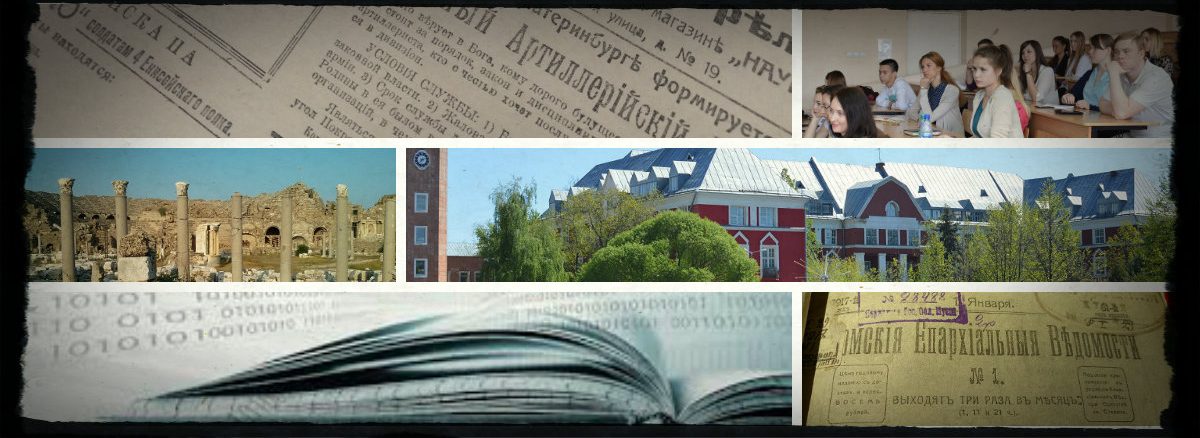| The Parallel History Project on Cooperative Security (PHP, the former Parallel History Project on NATO and the Warsaw Pact), provides new scholarly perspectives on contemporary international history by collecting, publishing, and interpreting formerly secret governmental documents. | ||
In response to the declassification of NATO records and the growing availability of documents from archives in Eastern and Central Europe, PHP as a cooperative undertaking of more than twenty partner institutes brings together leading Cold War historians, archivists, and government officials. The findings are presented to the specialist academic community at conferences and published both in print and on the PHP website.Since its establishment in 1999, the project has collected thousands of pages of material on security-related issues of the Cold War, published a large number of online documentaries and publications on central issues such as mutual threat perceptions and alliance management, and organized several major international conferences on war planning, intelligence, and intra-bloc tensions.The thrust of PHP research interest is in the recent historical origins and development of current security issues and institutions on the basis of newly available documentary evidence.The main issues of research interest in the coming years are:
The PHP website has become a leading online clearing-house for scholars, policymakers, students, and the wider public. The worldwide use of the PHP website is steadily increasing. More than 2,000 subscribers receive the monthly "PHP News" as an electronic mailing. Join the PHP as a partner or an associate! For further information please contact Project Coordinator Vojtech Mastny. |
||
